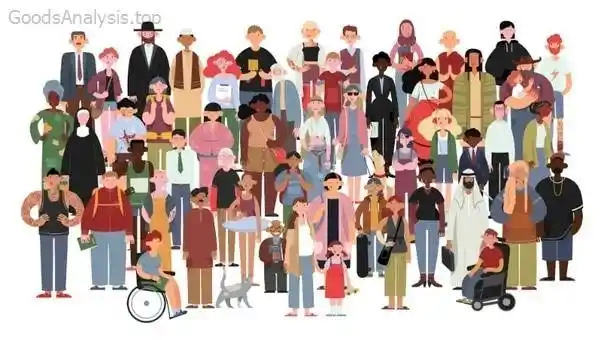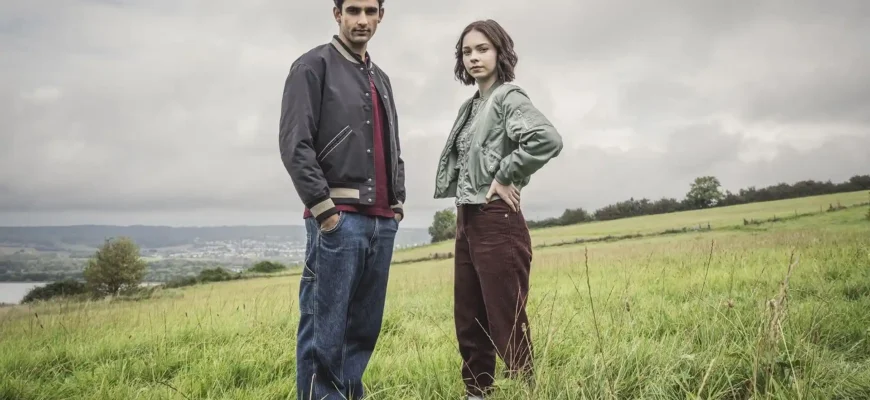Being a good friend is one of the most fulfilling aspects of life. And let’s face it—sometimes, being a friend can feel like a full-time job. But it’s a job that brings deep satisfaction, warmth, and connection. The tricky part is knowing how to be a better friend in a way that’s meaningful, reciprocal, and lasting. So let’s take a look at what science, research, and experience say about what makes a truly great friend.
1. Empathy: The Foundation of Friendship
First things first—empathy is the cornerstone of any good relationship. Research shows that being able to understand and share another person’s feelings is a critical factor in forming strong bonds. According to a study published in Psychological Science, the more empathetic you are, the more likely you are to have deeper, more trusting friendships.
But here’s the kicker: it’s not just about feeling for someone—it’s about feeling with them. When you empathize, you show that you’re truly there for the other person, not just when things are good, but especially when things are tough.
- Tip: Practice active listening. Put away the phone, make eye contact, and really listen to what your friend is saying. Don’t rush in with advice or distractions—sometimes, just being a sounding board is all they need.
2. Trust and Honesty: Your Friendship’s Bedrock
Trust is the second pillar of a strong friendship. Without it, any relationship—platonic or otherwise—will falter. A 2016 study published in The Journal of Social and Personal Relationships found that trustworthiness in friendships significantly correlates with both emotional support and conflict resolution. If you can’t trust your friend to keep a secret or be there when it counts, the relationship will struggle.
But here’s the twist—honesty isn’t just about saying what’s on your mind. It’s about saying it in a way that is respectful. Friendship requires a balance of honesty and tact. If you have feedback to give, do it with care.
- Tip: Don’t avoid hard conversations. If something’s bothering you, talk about it directly but kindly. The goal is to solve the problem, not to blame.
3. Respecting Boundaries: The Unseen Glue
One aspect of being a good friend that’s often overlooked is respecting boundaries. It sounds simple, but in practice, it can be tricky. In the hustle and bustle of life, it’s easy to step over someone’s emotional or physical boundaries, either by accident or in the name of “being close.”
Studies have shown that violating boundaries in friendships can lead to stress, anxiety, and emotional distance. A 2019 survey by the American Psychological Association revealed that boundary violations were a key reason friendships suffer, especially as we grow older and our personal lives get more complicated.
- Tip: Pay attention to your friend’s cues. If they need space, respect that. If they express discomfort with certain topics, listen up and adjust. True closeness isn’t about closeness in physical terms—it’s about respecting each other’s autonomy.
4. Being Reliable: Show Up When It Counts
Reliability is a trait that can make or break a friendship. A study published in The Journal of Social and Personal Relationships showed that people who are reliable in their commitments tend to form deeper and more long-lasting friendships. This means following through on promises, showing up on time, and being consistent in your support.
Reliability isn’t just about being there during the good times—it’s about sticking around during the challenging moments too.
- Tip: If you say you’ll do something, make sure you follow through. If you can’t make it, be honest about it. Your friends will appreciate the integrity.
5. Being Supportive, Not Overbearing
One of the most valuable ways to be a better friend is by offering support. But here’s where things get tricky: there’s a fine line between support and being overbearing. According to a 2020 study in Personality and Social Psychology Bulletin, offering unsolicited advice, or pushing too hard for a friend to make certain decisions, can strain a friendship.
Being supportive means offering help when it’s needed, but also respecting when your friend just wants to be heard, not fixed.
- Tip: Check in with your friend to see how they want support. Do they want advice or just someone to listen? Ask them directly if they’re open to suggestions or if they just need a shoulder to lean on.
6. Celebrating Differences, Embracing Growth
Friendships aren’t about cloning each other. They’re about celebrating differences, learning from one another, and growing together. That means acknowledging that friends come from different walks of life, with unique perspectives, cultural backgrounds, and values. Research by the American Sociological Association has shown that friendships between people with diverse perspectives tend to be more dynamic and enriching.

But there’s also the challenge of growing together. As life changes—through new jobs, relationships, or even geographical moves—it’s important to adapt to your friend’s evolving life stages and needs.
- Tip: Be open to new experiences with your friend. Share hobbies, explore each other’s interests, and allow each other to grow individually and together.
7. Managing Conflict: The Art of Fighting Fair
Conflict is inevitable. Even the best of friends will have disagreements. But the way conflict is managed determines whether the friendship will thrive or dissolve. Research from The University of California shows that friends who engage in respectful, constructive conflict resolution tend to have stronger bonds than those who avoid conflict or engage in destructive arguing.
- Tip: Don’t bottle up resentment—address conflicts early and calmly. Focus on resolving the issue, not winning the argument. And remember, the goal isn’t to “be right,” but to stay connected.
Potential Pitfalls: What to Avoid
No friendship is perfect, and no one is perfect in their role as a friend. However, there are some common missteps that can erode even the most promising relationships. Here are a few things to watch out for:
- Neglecting the friendship: Life can get busy, but consistent neglect, whether due to new relationships or work, will strain the connection. Regular check-ins are essential.
- Taking the friendship for granted: Don’t assume your friend will always be there no matter what. Gratitude goes a long way.
- One-sided friendships: If one person is always giving and the other is always taking, resentment can build up over time. Ensure that there’s a balance of effort.
If any of these issues arise, don’t shy away from discussing them. A genuine conversation can go a long way toward preserving the friendship.
Opinions from Around the World
- Jessica, 29, USA: “For me, a good friend is someone who knows when to give me space and when to be there for me. I don’t always want advice—I just want to be heard.”
- Tariq, 42, Egypt: “I think the most important thing in a friendship is respect for one another’s lives. We may not always agree, but I’ll always support my friends, and I expect the same in return.”
- Clara, 55, Germany: “Honesty is key. But it’s not just about being blunt. It’s about finding the right words and timing. I appreciate friends who challenge me, but in a thoughtful way.”
- Ravi, 36, India: “Friendships are about emotional connection. Being reliable and understanding is essential, especially in times of crisis. But you also need to celebrate the small, everyday moments.”
- Lucia, 62, Brazil: “As I get older, I find that good friends are the ones who make me feel good about myself. It’s about mutual encouragement and understanding, not just sharing the good times, but also supporting each other through tough days.”
Conclusion
Being a good friend isn’t about grand gestures or always knowing the perfect thing to say. It’s about showing up, being present, listening with empathy, and offering support when needed. With time, effort, and mutual respect, you can build friendships that stand the test of time, providing both joy and comfort in life’s ups and downs.
Remember, a great friendship doesn’t happen overnight—but with honesty, consistency, and care, you’ll find yourself building relationships that are worth their weight in gold.









